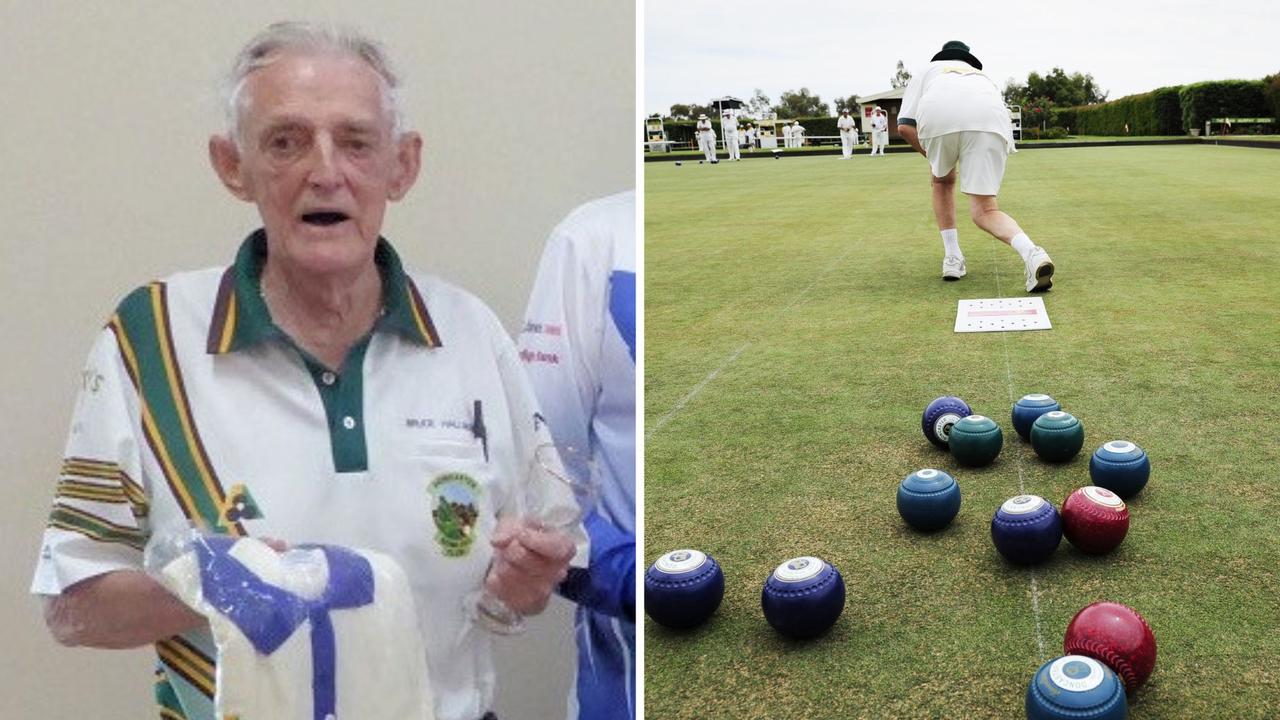Misinformation Bill is about safeguarding Australians: Communications Minister Michelle Rowland
Australians understand that false claims spread at speed and scale on social media. Conspiracy theories go from fringe to mainstream in a matter of hours, and can put lives at risk, argues Michelle Rowland.
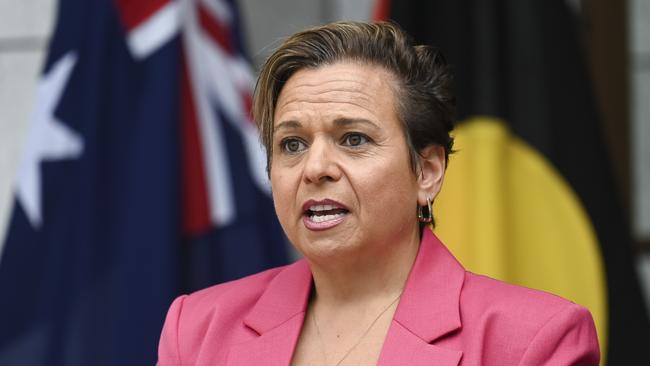
Opinion
Don't miss out on the headlines from Opinion. Followed categories will be added to My News.
This week there has been a lot of wild claims about our misinformation bill.
Accusations everyday Australians could be jailed or that it’s a Big Brother bill.
In reality it is all about safeguarding Australians.
“The spread of disinformation on the internet, and the way in which that infects people’s minds … and causes them to commit, or contributes, at least, to them committing extreme acts, should be of concern to any right-thinking Australian”.
I agree with these words, but they are not mine. They are Peter Dutton’s.
The majority of Australians – 80 per cent – are concerned about misinformation and disinformation, according to a 2024 Australian Media Literacy Alliance survey.
Research by SEC Newgate – as part of its Mood of the Nation report – shows only seven per cent of Australians consider addressing it is not important at all.
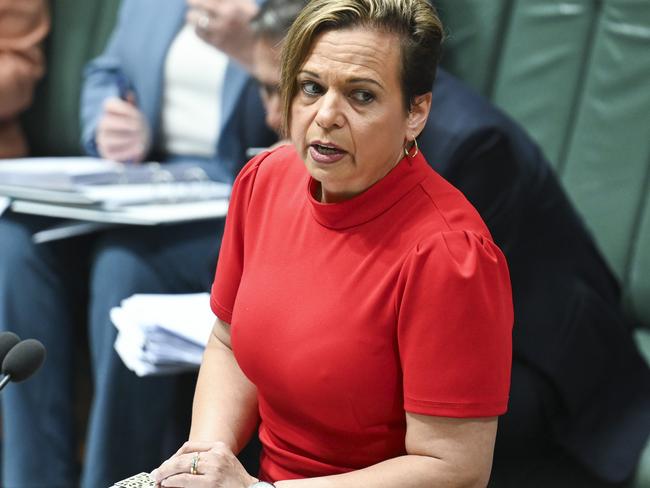
In the digital world, misinformation and disinformation can threaten people’s health, safety and wellbeing. It can undermine our social cohesion, economy and democracy.
Australians understand that false claims spread at speed and scale on social media. Conspiracy theories go from fringe to mainstream in a matter of hours.
The notion, for example, that drinking bleach may cure Covid-19, a virus being spread by 5G phone towers. This kind of content can put lives at risk and encourage damage to critical infrastructure.
False narratives can perpetuate harmful ethnic and religious stereotypes. We saw this in the wake of the Bondi knife attacks in April, when the false identification of the perpetrator resulted in hate speech and death threats.
Should there be no constraints for this type of information spreading online?
Six digital platforms have signed up to a Code of Practice on Disinformation and Misinformation developed by industry. They may detect harmful misinformation and disinformation on their platforms, have content fact-checked, labelled or even removed.
But these efforts are inconsistent and some platforms are dodging their responsibilities completely. An independent review found efforts by platforms to improve transparency have stalled.

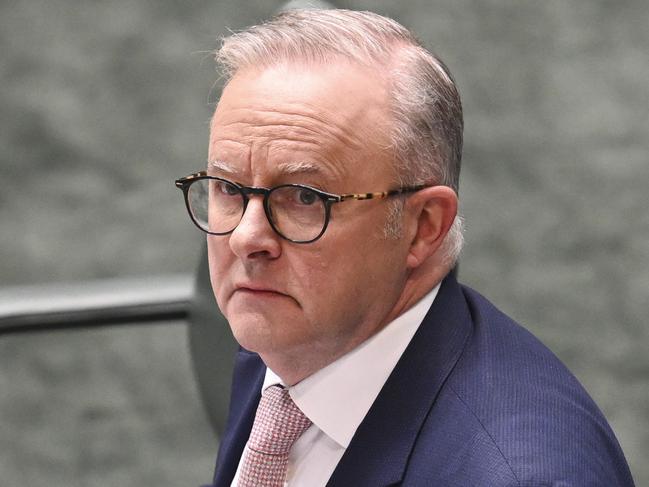
The Albanese Government’s Combatting Misinformation and Disinformation Bill builds upon the self-regulatory code by empowering the Australian regulator to hold big tech to account.
It will empower the ACMA to get information from digital platforms, encourage compliance with codes or standards, and require improvements where necessary.
Until recently, the Coalition had a policy to do the same, yet under Peter Dutton they now say they will oppose these sensible and well-balanced reforms.
This shows they are more interested in stoking division and playing politics than protecting Australians.
It is completely disingenuous for the Coalition to claim the Bill applies to every opinion in the community or that it will stifle public debate. It’s not about individual pieces of content or individual users, but holding big tech to account.
The Bill sets a high bar. It only requires digital platforms to address seriously harmful content that is false, misleading or deceptive and has significant and far-reaching consequences for Australians.
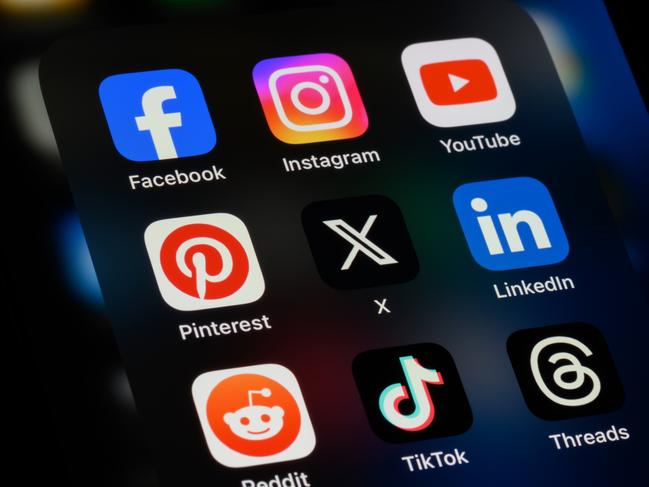
Further, it preserves freedom of expression by exempting professional news, parody and satire and the reasonable dissemination of academic, artistic, scientific or religious content – similar exemptions that already exist in Australian law.
To be clear: the Bill does not empower the ACMA to take down individual pieces of content or user accounts, or to investigate or fine users for their posts.
Nor does it require platforms to take down or remove content, unless it is the result of disinformation involving inauthentic behaviour, such as co-ordinated attacks using automated bots and troll farms.
The Bill does not give the Minister any new powers to direct the ACMA to conduct investigations. In fact, when it comes to misinformation, the Bill limits the Minister’s longstanding powers.
It is about making sure digital platforms have systems and processes in place for addressing seriously harmful content and empowering users.
Digital platforms will continue to be responsible for the content on their platforms, as is now the case.
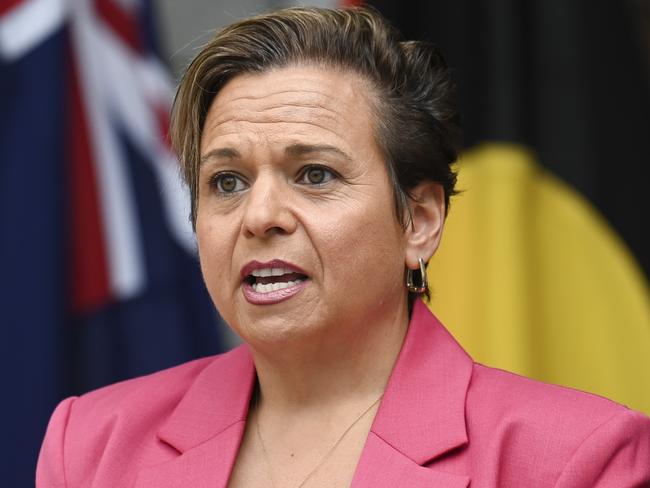
Anyone concerned about censorship or the power of digital platforms to moderate content should welcome the Bill because it will improve the transparency and accountability of big tech.
It will also empower everyday Australians to challenge moderation decisions made by the platforms.
Australians understand protection from harm and freedom of expression can, and do, coexist.
The Bill balances community protection with freedom of expression – which is so fundamental to our democracy.
Elected representatives have a duty to act to keep Australians safe from harms spread online. They must ensure Australian values and laws are upheld in the face of threats posed by malicious actors, keyboard warriors and conspiracy theorists.
Protecting our citizens, society and democracy from harm is the number one priority of the Albanese Government.
Doing nothing is not an option.
– Michelle Rowland is the Minister for Communications
More Coverage
Originally published as Misinformation Bill is about safeguarding Australians: Communications Minister Michelle Rowland




